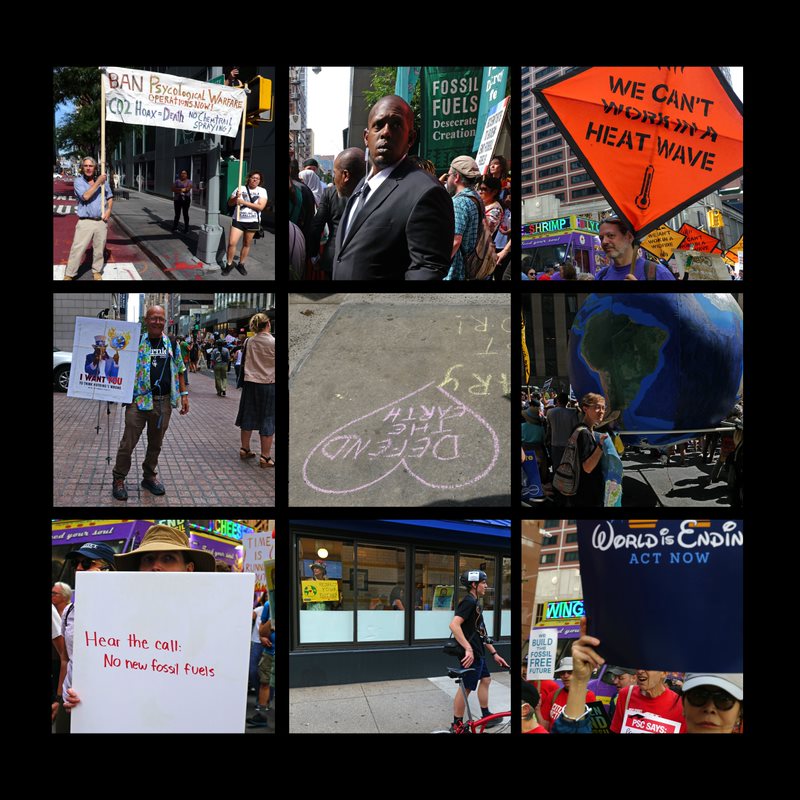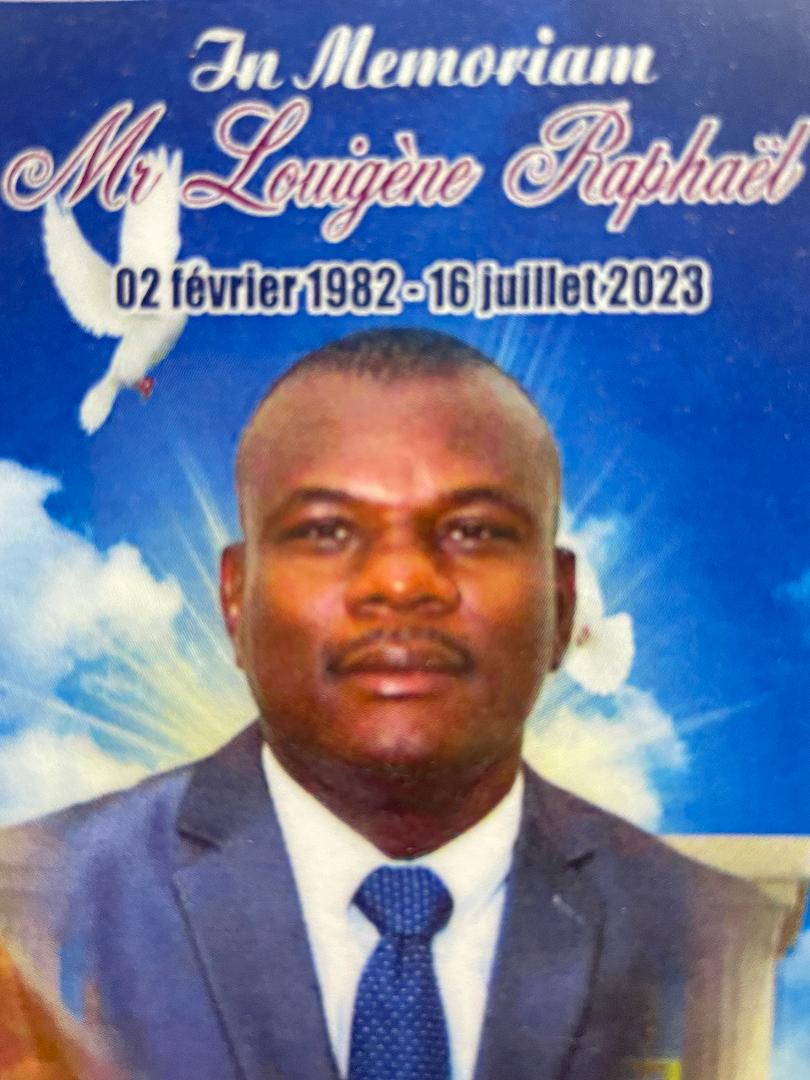The nausea produced by Trump’s “alternative facts”—which are neither facts nor viable alternatives to facts, being merely lies–has led to a good deal of finger-pointing. Is the seeming legitimacy of such lies owed to advanced (post-modern, “post-truth”) literary theory? For, here, it’s said, readings for the truth of complex texts result in nothing more than a vertigo of indetermination. We have no decisive outcomes but only different hypotheses, having unfathomable degrees of validity, that vie for primacy with no end in sight. It’s not my remit to do a history of the concept of truth-skepticism, but we did not need Foucault and Derrida to introduce us to this great negation. There are paramount exemplars of such concerns in German thought, from at least the 18th century on: Doubts about the accessibility of truth abound, but they are not given equivalent status with lies. The polymath G. E. Lessing acknowledged “the diligent drive for Truth, albeit with the proviso that I would always and forever err in the process.”[1] We have a kind of modern radicalization in Kafka’s skepticism: “A certain [kind of] truth might be found only in the chorus … or choir (im Chor) (emphasis added).[2] Bottom line: we did not need to be vexed by literary theory to declare that “alternative facts” may not be turned into a chorus of part-truth viewpoints and opinions.
As we return finally to another anthropological order, we find the suggestion that criticizing Trump “for not being consistent, reliable, or rational is to misunderstand his leadership philosophy.” Is that true? I’d aver that he has no detectable “philosophy,” unless it’s to have none. By contrast, it’s tempting to invoke, as possibly redeeming, the mind of another ex-President: Barack Hussein Obama.
Read more






